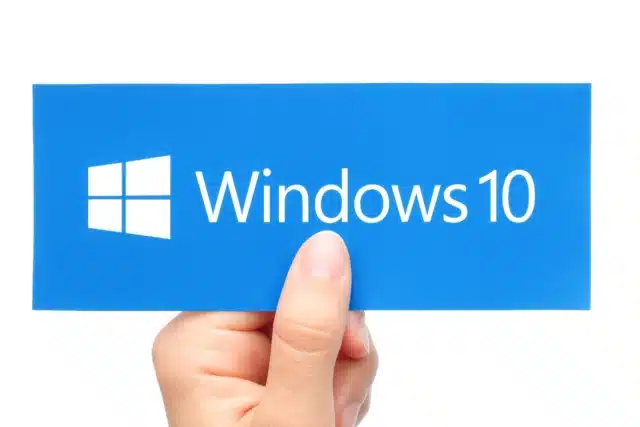Microsoft opens up Extended Security Updates to consumers so everyone can pay for Windows 10 support

With support for Windows 10 coming to an end in under two years, Microsoft has been trying to encourage everyone to upgrade to Windows 11. The reality is that this is not something that all Windows 10 users want to do, and it is not possible for many because of hardware requirements.
Now Microsoft has relented. The company has made a somewhat surprising move in giving all Windows 10 users the chance to pay for Extended Security Updates (ESU) when Windows 10 reaches end of service. Until now, the ESU program has only been available to larger organizations and enterprise customers. In opening it up to home users, Microsoft is effectively admitting that it foresees large numbers of people continuing to stick with Windows 10 -- so the company has decided to try to profit from this fact.
See also:
- Microsoft releases KB5032288 update for Windows to fix Copilot issues and more
- Microsoft releases PowerToys v0.76.0 brings UI improvements, new features, new add-ons and more
- KB5032278 update brings Copilot to Windows 10 and improves 'news and interests'
In a blog post about the end of support for Windows 10, Microsoft reminds everyone still using this version of the operating system that the final day of support is October 14, 2025. The company goes on to explain that this means it will "no longer provide bug fixes for issues, security fixes for vulnerabilities, time zone updates, or technical support for problems that might occur".
Microsoft's preferred course of action for Windows 10 hangers on is to make the move to Windows 11, and Jason Leznek uses the blog post to set out the various routes through which this can be achieved.
The company says, however:
While we strongly recommend moving to Windows 11, we understand there are circumstances that could prevent you from replacing Windows 10 devices before the EOS date. Therefore, Microsoft will offer Extended Security Updates.
As has been the case previously, organizations are invited pay on an annual basis for access to security updates for up to three years. It is important to note that these updates will only include security fixes; Microsoft reiterates that Windows 10 is not getting any more new features.
The existence of an Extended Security Updates program for Windows 10 is not particularly surprising, but Microsoft uses the final line of the blog post to drop the big news:
Stay tuned for more ESU program updates as we approach availability, including an ESU program for individual consumers.
The expansion of ESU to consumers is also referred to in a Windows Lifecycle FAQ where Microsoft says:
You may continue to use Windows 10 after support ends; however, it will no longer receive quality updates, new or updated features, security updates, or technical support. We recommend that customers upgrade or transition to a new Windows 11 PC for the best, most secure computing experience.
If you are an individual consumer or an organization who elects to continue using Windows 10 after support ends on October 14, 2025, you will have the option of enrolling your PC in the paid Extended Security Updates (ESU) program. The ESU program enables PCs to continue to receive Critical and Important security updates (as defined by the Microsoft Security Response Center) through an annual subscription service after support ends. More details including pricing will be provided at a later date.
The ESU program provides individual consumers and organizations of all sizes with the option to extend the use of Windows 10 PCs past the end of support date in a more secure manner.
Image credit: rozelt / depositphotos
Pingback: Microsoft releases KB5033375 update for Windows 11 fixing Copilot problems and more – Techno News
Pingback: Experts say the end of Windows 10 support could turn 240 million PCs into e-waste – thequintessentialjournal